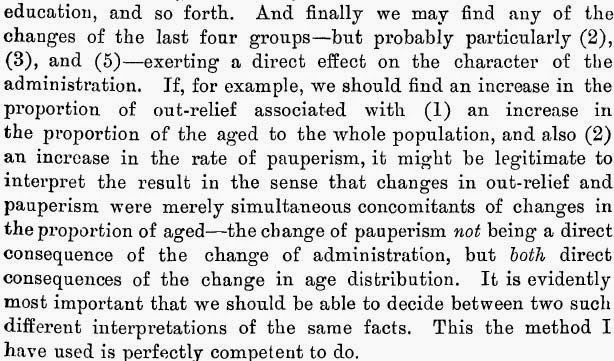Yesterday, my boss has been awarded the Nobel Prize in economics. The feelings it generates are hard to describe, but over the whole day yesterday I went through a succession of joy, pride and emotion.
Joy when I learned about the award. I was attending Alexandra Roulet's seminar, and right in the middle of the seminar, I heard PhD students shouting and laughing, hi-fiving each other. I turned, ready to ask them to keep a respectful attitude during the talk, but they interrupted me saying "you realy wanna know about this. He won! He won!" "Who won what?" I answered. Despite having formulated the prediction that Jean would win with .15 probability just in the morning, I was so focused on the seminar that I had completely forgotten about the timing of the announcement. "Jean! He won the Nobel prize" they shouted in reply. I was flabbergasted, then overflowed with an intense joy. I apologized to Alexandra, interrupted the seminar and we had a round of applause. Then, we resumed the seminar, but a smile was on everyone's face, and it won't leave us for the rest of the day. This is, I think, what Jean would have wanted. When he was asked about what the prize was going to change in his life, he answered "Nothing, I hope, I like my life as it is, I love research and interacting with colleagues. I wake up every morning happy to go to work. I want this to go on."
When we got out of the room, we could feel that something was different. Everyone was smiling and congratulating each other, despite the fact that we had won nothing for ourselves. Then the word got out that Jean was going to have a press conference. And that's when things started to get crazy. All the media were there, TV stations with their cars equipped with immense antennas, radio, papers. They were interviewing researchers, students, everyone. I might have mumbled stupid words to some mics. The students wore Tshirts with "I love Jean", and they sang "He won the prize, He won the prize". We were all so proud. Later in the evening, when I picked up my kid late at daycare, I apologized, explaining that my boss had just won the Nobel. The nannies looked at me, they smiled and cheered, because they were proud that someone in Toulouse had won this distinction. It is actually the second Nobel prize in Toulouse, after Paul Sabatier more than a hundred years ago.
When Jean entered the press conference room, he smiled, but you could see he was moved. The first thing he did was to hug Colette Laffont, the widow of Jean-Jacques Laffont, the longtime mentor, coauthor and friend of Jean and the founding father of TSE. He was moved to tears. Actually, yesterday, when he was honored by the university for his achievement, he ended his speech by saying that he had a thought for all his colleagues that contributed to the research that the prize celebrates, and "especially for Jean-Jacques Laffont, who, had he not died much too young, would be here, by my side, and would share this prize with me." He almost could not finished his sentence, and he started to cry. It was a deeply moving moment. I was moved to tears, and not the only one in the room. You see, when you work at TSE, even if you have never met him, you can feel the long shadow that Jean-Jacques Laffont casts on this place, almost everyone can share a positive story about Jean-Jacques, and we know what we owe him, that without him, this place would never have existed, this place that, when you get up to go to work every morning, you are happy, and you have a smile on your face, all the more so since last monday. Every morning, I cycle past the Jean-Jacques Laffont roundabout on my way to work, and I was proud before, and I am moved now. This prize crowns a beautiful human adventure, and if you watch closely Jean lecture in Stockholm, I'm sure you'll be able to see the long shadow of Jean-Jacques standing just beside him, smiling and celebrating, as he did the very day when Jean decided to stay definitely in Toulouse with him.








